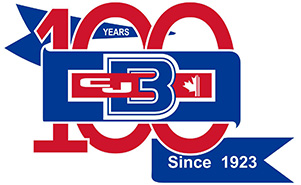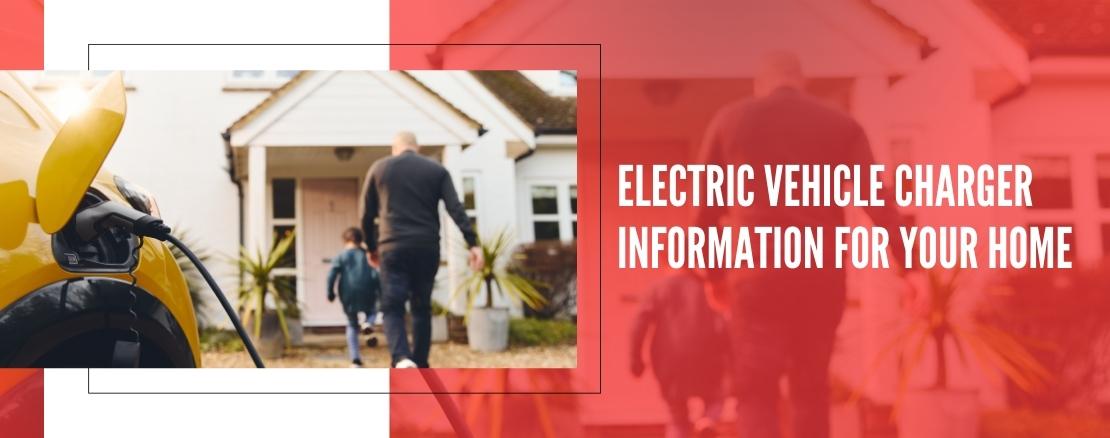Once only a prop in science fiction movies, electric cars have driven off the big screen and straight into the garages of everyday people. The current government has put forth a 2035 deadline for all new cars for sale in Canada to run on electricity rather than gasoline, this type of vehicle will only become more and more common on our roads.
What was once a rare customer request—installing home electric vehicle chargers—is now routine for the team at CJ Brubacher’s electrical services in Waterloo. If you are considering making the switch to an electric vehicle, here are a few things to consider about how you will charge it safely in your home.
Things To Know Before Requesting Electrical Services
The array of electric vehicles on the market vary not just in size and style, but also in the manner of charging them. Here are some important facts to consider before purchasing one.
Charging Levels
In the same way, various appliances require different sizes of batteries, and electric vehicles require different voltages to function correctly. You can classify them into the following three levels:
Level 1 – Hybrid vehicles typically use a 120-volt outlet and charge at a rate of 5 to 8 km per hour.
Level 2 – Fully electric cars must have a 208- to 240-volt charger and charge at a more rapid rate of 19 to 128 km per hour.
Level 3 – Cars using these DC chargers are ready to get back on the road in a matter of minutes.
Level one and two charging stations use AC current and are suitable for residential homes. Level three stations are more appropriate for commercial settings that already have the high voltage necessary to run them.
Connectors
A connecting cord links the car to the charging station, and the type you need varies based on the car’s make and model. Here are the basic types:
- The J connector is the most common but does not work on all vehicles.
- Tesla has its own unique connecting cord, but the J model will also work with a special adaptor.
- Most vehicles that BMW, General Motors, and Volkswagen produce use the CCS connector.
- Mitsubishi and Nissan cars take the CHAdeMO model.
Talk to your electrician about the type of vehicle you are planning to purchase so you can be sure you have everything you need to start charging it immediately.
Ways To Stay Safe Around Electric Charging Stations
Once CJ Brubacher has installed your home charger, take the following precautions to keep your family safe.
Check for Damage
A quality charging station that a licensed electrical contractor installs will provide safe charging for years to come. However, rodents, weather events, and rough handling can all damage wires, leading to electrical shorts. For this reason, visually inspecting the station before using it is a good habit to develop.
Do Not Use an Extension Cord
Besides posing a tripping hazard, extension cords increase the risk of shorts and electric shocks. Luckily, consulting with an electrician before you buy means your charger will always be within easy reach of your car.
CJ Brubacher Provides Electrical Services
Installing electric vehicle charging stations is just one part of CJ Brubacher’s residential electrical services. Our staff are all Ontario Licensed Electrical Contractors, so you know that our work complies with the Ontario Electrical Safety Code.
Before purchasing your electric vehicle, contact us for an estimate on a customized charging station. We are also available for any electrical services in Waterloo. Call us to report a problem or book your next project anytime. We are ready to serve all your residential and commercial electrical needs.

